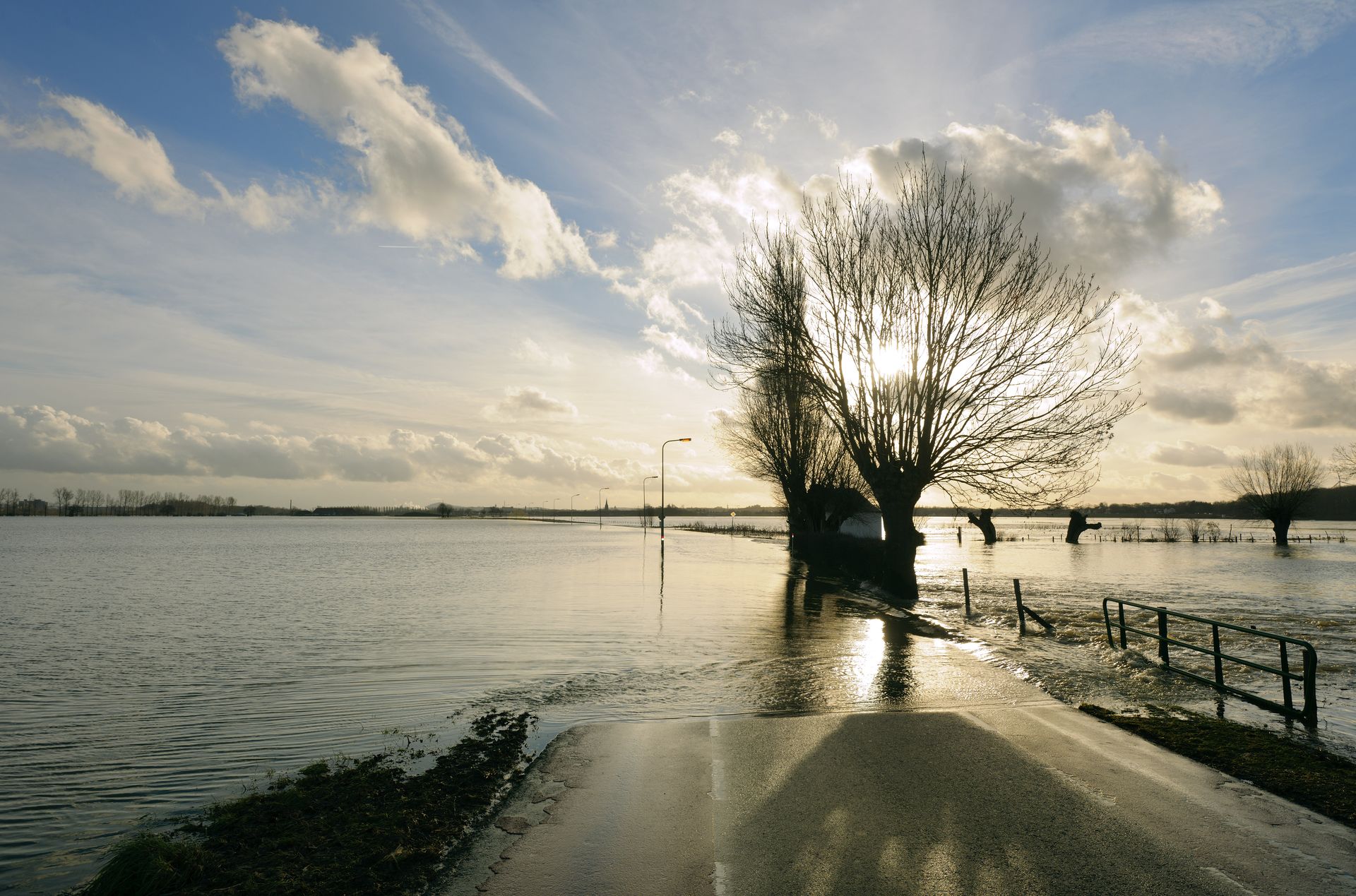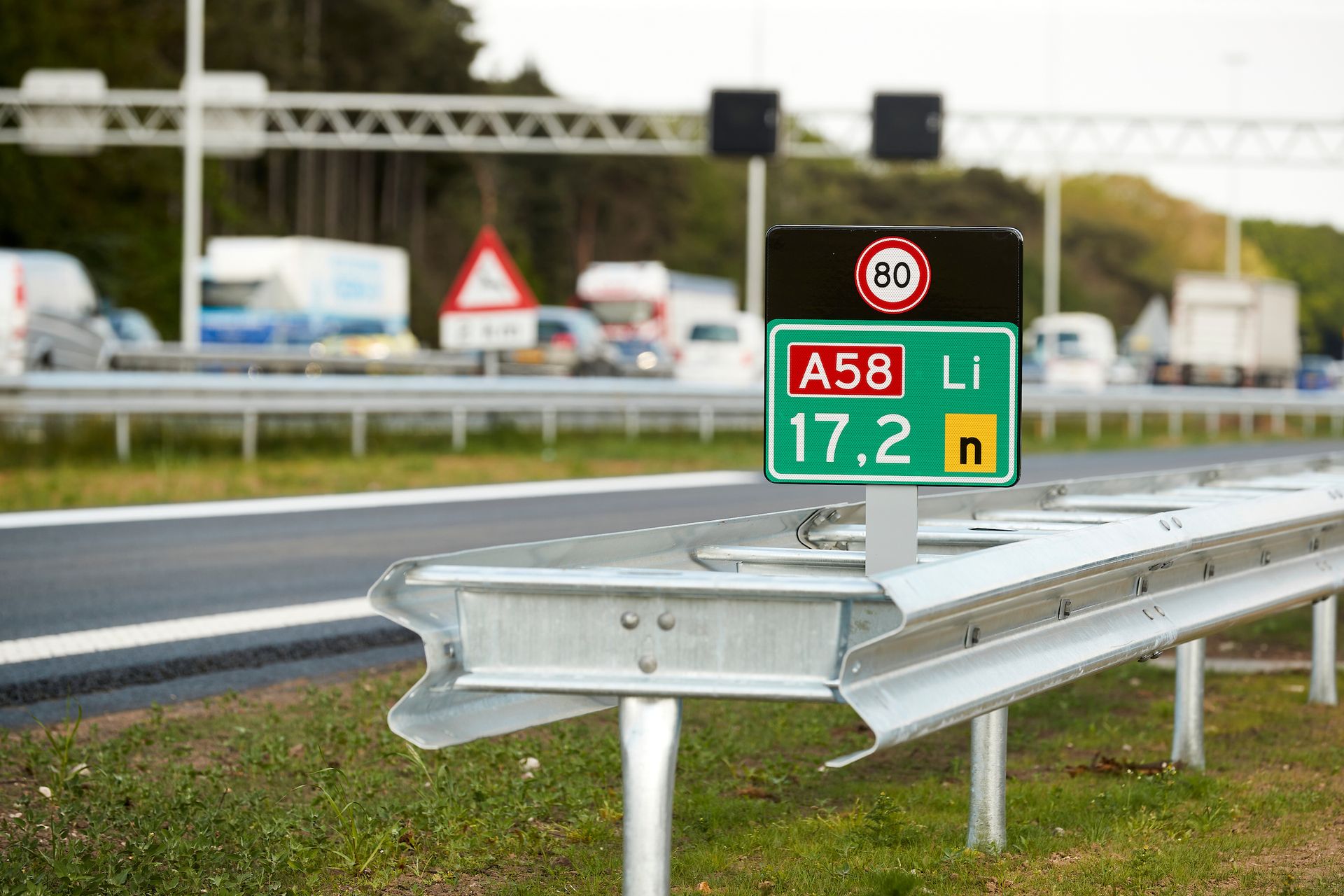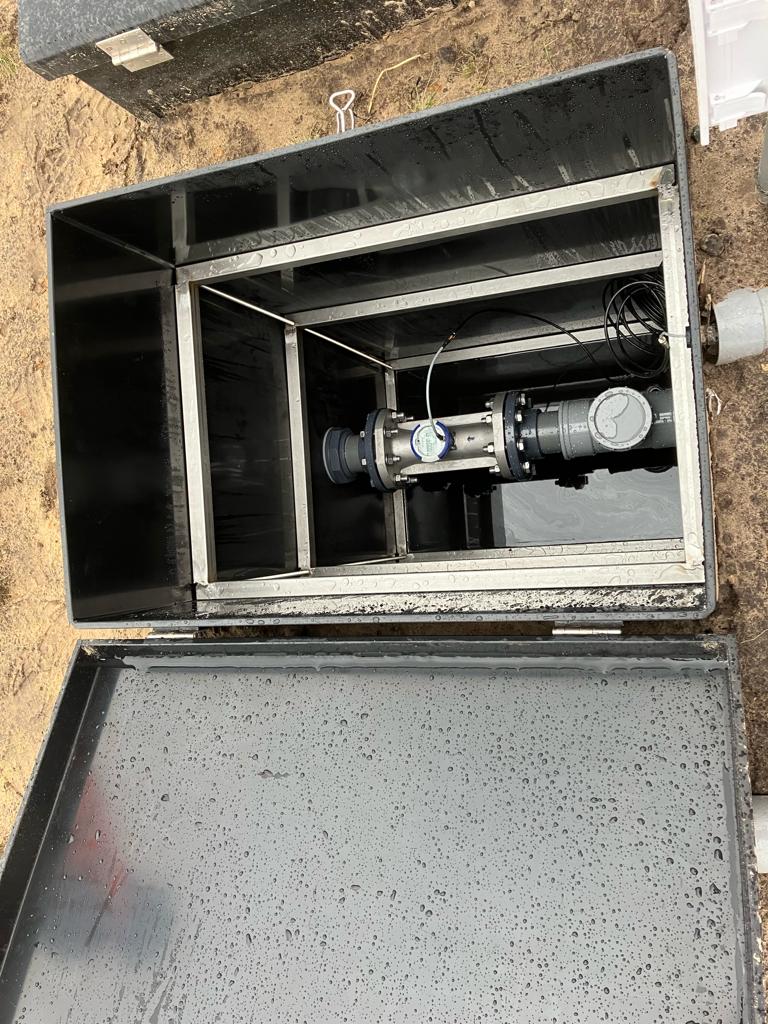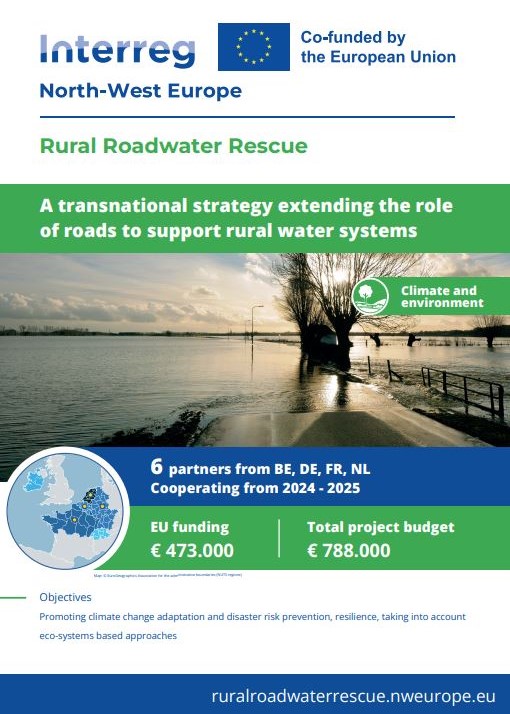Rural_Roadwater_Rescue
A transnational strategy extending the role of roads to support rural water systems
EU Funding
Total Budget
Timeline
Countries
Project summary
How to use infrastructure to maintain the balance of water
Climate change causes an imbalance between water supply by rivers and rainfall and the urgent demands from various users in periods of drought. In short periods, extreme weather events provide water surplus, whereas increasingly longer dry periods face water shortages. Existing systems of storage are not sufficient. Roads and highways are key elements in solving the imbalance of availability of water. The Rural Roadwater Rescue (RRR) project illustrates this potential, transforming the way we think about road and highway design.
Rural-Roadwater-Rescue brings together knowledge and experiences from local communities, road authorities, research institues and environmental organisations on collecting, transporting, treating, storing, distributing road water and local water demands. Besides the knowledge gained the outcome of Rural-Roadwater-Rescue will be a strategy to establish local facilities – called Climate Adaptive Waterhubs – to connect road water offer to local demand. This strategy will not be followed or tested within this project.

Partners in this RRR project who together develop a transnational strategy extending the role of roads to support rural water systems:
Rijkswaterstaat (lead partner), Corporatie Kloostersland, Vlaamse Milieumaatschappij (VMM), IMEC Vlaanderen, CEREMA, TZW.
Rural Roadwater Rescue aims to use infrastructures for rainwater collection during wet periods, subsequently repurposing the water in adjacent areas during droughts.
Rural Roadwater Rescue includes two cases
Working with research institutes and local stakeholders in the Netherlands, Belgium, Germany and France, RRR facilitates the exchange of experience and the development of practical solutions. It will comprise an integrated, multi-stakeholders and cross-sectoral methodology for collecting, storing, cleaning and distributing rainwater through transformation of existing roads/highways. It will be inspired by two use cases (Belgium: Heverlee, Netherlands: InnovA58 nearby Oirschot/Kloosters) to be comprehensible.

From mono to multifunctional roads and highways
The project demonstrates how roads/highways can transform from mono to multifunctional: how they can be technically turned into temporary water reservoirs for runoff water (next to/under the road), while being compliant with the legal regulations for infrastructure and water quality in the respective regions.
The next step
In a next step, it will be demonstrated how distribution of water will be arranged in cooperation with local stakeholders (farmers, households, public services/facilities, industry etc.), integrated in the local spatial planning procedures, depending on the different local need profiles of the target groups in the various territories that they cross.

Results
The "Rural_Roadwater_Rescue-strategy" will develop: a guidance covering regulatory frameworks, practicable solutions, community involvement, action plan for implementation. The project will build a long-term, transnational, cross-sectoral, multidisciplinary cooperative network. Rural Roadwater Rescue is envisaged as launching pad for a larger roll-out of heavy investments, replicable transformation initiatives and implementation pilots in the future.

